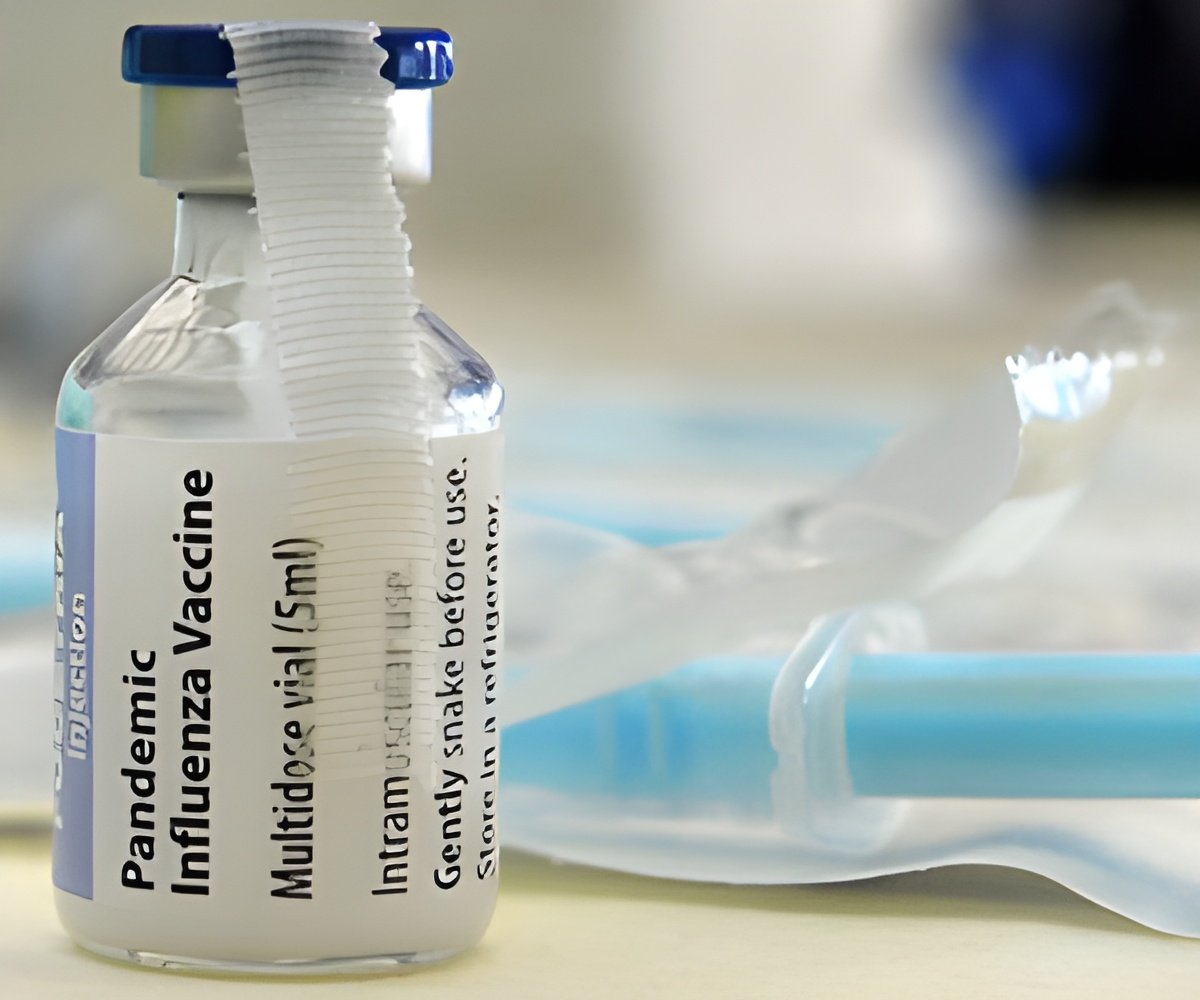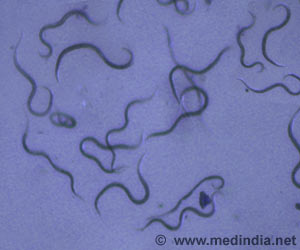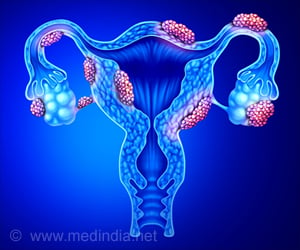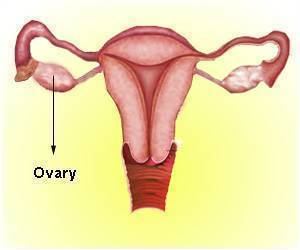Evidence of the H1N1 influenza vaccine's safety during pregnancy was found by researchers.

Despite federal health authorities' recommendations that all pregnant women be vaccinated for influenza, it is estimated that less than 50 percent of women follow this advice, largely because they are concerned about the effects flu vaccines might have on the developing baby.
Since it was anticipated that the 2009 H1N1 influenza season would be severe, a national study was launched by the Vaccines and Medications in Pregnancy Surveillance System (VAMPSS), a collaboration between UC San Diego School of Medicine and Boston University and coordinated by AAAAI to gather data on the safety of this vaccine during pregnancy.
The team from UC San Diego followed 1,032 pregnant women across the United States and Canada who either chose to receive an influenza vaccine or were not vaccinated during one of the three seasons from 2009-2012. Women were recruited through MotherToBaby, a service of OTIS.
Chamber's team found that women vaccinated during pregnancy were no more likely to experience miscarriage, have a baby born with a birth defect or have a baby born smaller than normal compared with those who did not receive a vaccination. Although vaccinated women were more likely to have their babies before term, on average these infants were delivered three days earlier than those born to unvaccinated women.
The VAMPSS team from Boston University's Slone Epidemiology Center interviewed 4,191 mothers from four regional centers in the United States, who had either delivered a baby with one of 41 specific birth defects or delivered a normal infant. They compared the use of influenza vaccine in the two groups during the 2009-2011 seasons. The team also compared the risk of preterm delivery in vaccinated versus unvaccinated women. Overall, no significant evidence of an increased risk of any specific birth defects was noted. While the team did observe a slight increase in preterm delivery rates among pregnant women who received the H1N1 vaccine specifically during the 2009-2010 season, vaccinated women overall only delivered an average of two days earlier compared to the unvaccinated group. For those vaccinated during 2010-2011, the situation was reversed, and vaccinated women were less likely to deliver a preterm baby.
Advertisement
Source-Eurekalert















